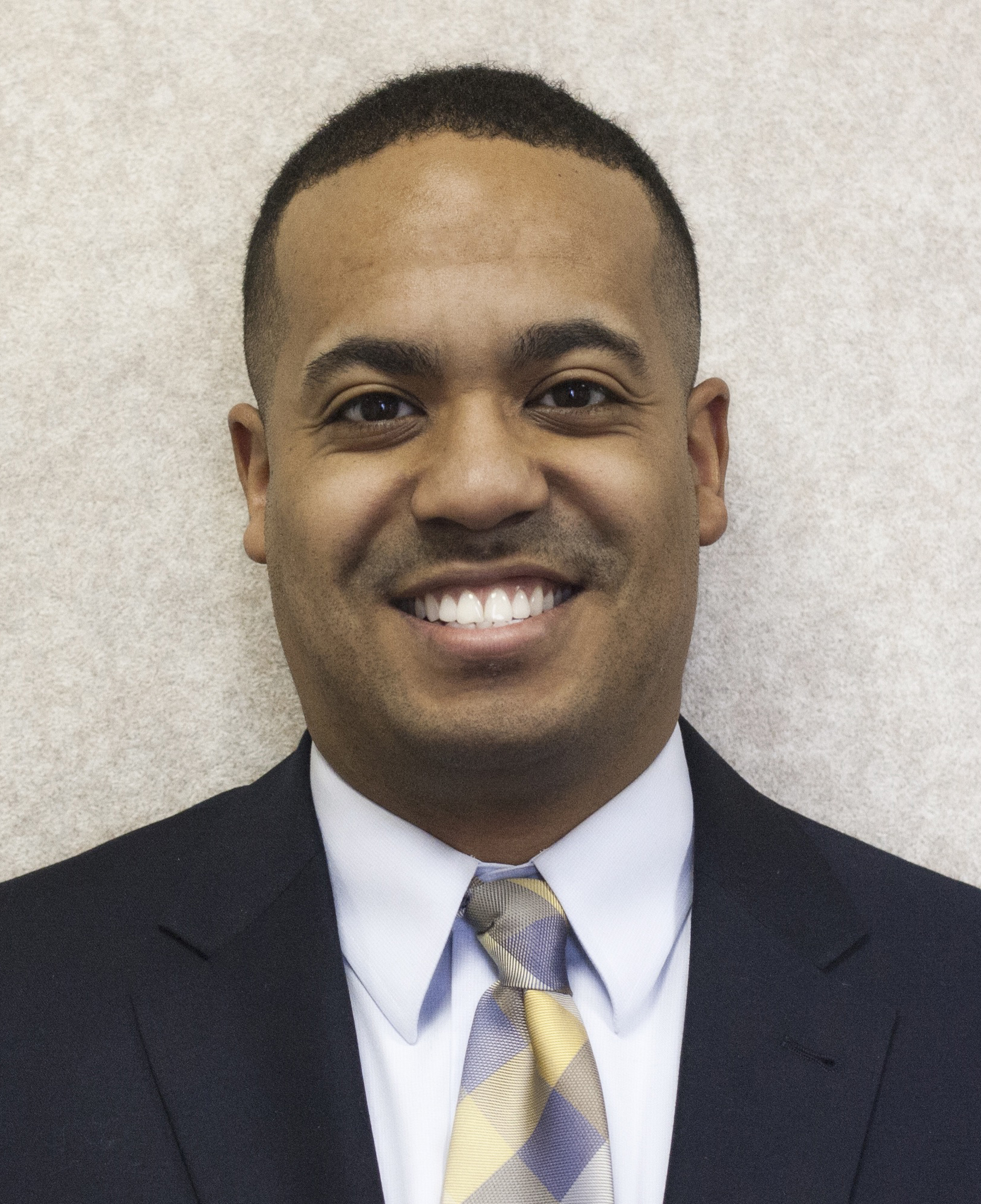In a 7-1 decision written by Justince Sotomayor, with Justice Thomas dissenting, the Supreme Court ruled that actual fraud under Section 523(a)(2)(A) of the Bankruptcy Code does not require a false representation and is broad enough to include a fraudulent conveyance.[1]
Sites Committee
Committees
Editor's Note: In re Perl is a case that may have significant ramifications, which has drawn the following articles by Jesse Valdez, Esq., who examines why the Court reached the correct decision, and by Shannon Doyle, Esq., who argues that the decision missed the mark.
The Mediation Committee is pleased to announce a new ABI publication: Bankruptcy Mediation. ABI last published a book about mediation in 2009. Since then, the application of mediation to all aspects of the bankruptcy process has grown exponentially. As of 2016, numerous Bankruptcy Courts have adopted local rules on mediation and many have pre-certified panels of mediators.
“In my mind, there was a stigma attached to bankruptcy. Bankruptcy meant weakness, failure . . . that you weren’t able to take care of yourself and your family on your own, as a man,” Jose Miranda told us.
Most of the recent commentary around the Supreme Court’s Husky International Electronics Inc. v.
In Picard v. Legacy Capital Ltd.,[1] the U.S. Bankruptcy Court for the Southern District of New York recently set forth the burden of pleading fraudulent transfers in bankruptcy cases decided under the Securities Investor Protection Act (SIPA).
In chapter 11 cases, the U.S. Trustee’s power is prominently showcased throughout the process of appointing official creditors (and equity) committees. The Code instructs that the U.S. Trustee “shall appoint a committee of creditors holding unsecured claims and may appoint additional committees ...
[1]Picture the scene: A vendor has just received word that its customer has filed chapter 11. The vendor put the customer on a cash-before-delivery basis and demanded assurances of performance. The vendor was successful in reducing the accounts receivable owed and avoiding preference liability in doing so.
Professional fees are increasingly a hot-button issue in bankruptcy cases. This article examines three recent ongoing, high-profile bankruptcy cases that reflect the growing scrutiny of professional fees: Caesars Entertainment Operating Co.
In Hoover v. Harger (In re Jones),[1] the Bankruptcy Appellate Panel for the Sixth Circuit considered an appeal from an attorney who was sanctioned sua sponte by the Northern District of Ohio’s bankruptcy court and ordered to pay opposing counsel’s attorney fees.









